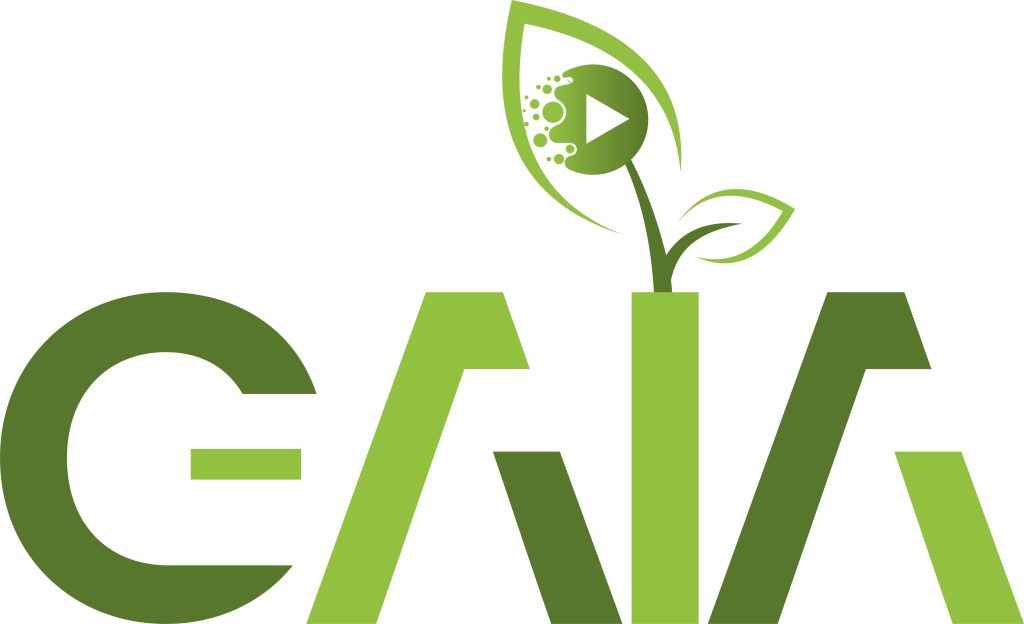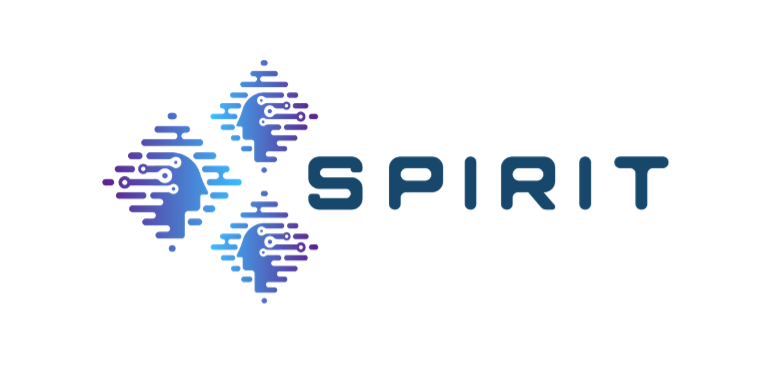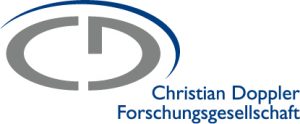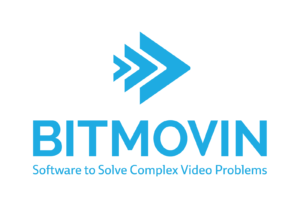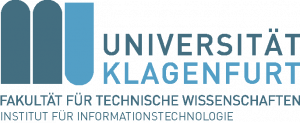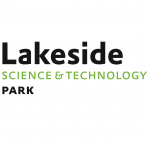The 2nd IEEE ICME Workshop on
Surpassing Latency Limits in Adaptive Live Video Streaming (LIVES’25)
June 30 to July 4, 2025, Nantes, France.
Delivering video content from a video server to viewers over the Internet is time-consuming in the streaming workflow and has to be handled to offer an uninterrupted streaming experience. The end-to-end latency, i.e., from the camera capture to the user device, is particularly problematic for live streaming. Some streaming-based applications, such as virtual events, esports, online learning, gaming, webinars, and all-hands meetings, require low latency for their operation. Video streaming is ubiquitous in many applications, devices, and fields. Delivering high Quality-of-Experience (QoE) to the streaming viewers is crucial, while the requirement to process a large amount of data to satisfy such QoE cannot be handled with human-constrained possibilities. Satisfying the requirements of low latency video streaming applications requires the streaming workflow to be optimized and streamlined together, which includes media provisioning (capturing, encoding, packaging, an ingesting to the origin server), media delivery (from the origin to the CDN and from the CDN to the end users), media playback (end user video player). The 2nd workshop on Surpassing Latency Limits in Adaptive Live Video Streaming (LIVES 2025) aims to bring together researchers and developers to satisfy the data-intensive processing requirements and QoE challenges of live video streaming applications through leveraging heuristic and learning-based approaches. We warmly invite the submission of original, previously unpublished papers addressing key issues in this area, but not limited to:
- Encoding optimizations for low-latency live video streaming
- Packaging strategies to minimize delays in low-latency live video streaming
- Efficient delivery protocols for low-latency live video streaming
- Utilizing edge/cloud servers to reduce latency
- Content delivery network (CDN) optimizations
- Enhancements and improvement for low-latency DASH (LL-DASH) and low-latency HLS (LL-HLS)
- New Ingesting protocols for low-latency video streaming
- Optimizing caching policies for low latency live video streaming
- Improving TCP and/or QUIC for low-latency live video streaming
- Media over QUIC (MoQ) for low-latency live video streaming
- Marrying WebRTC with LL-DASH and/or LL-HLS
- Best practices for implementing low-latency players
- Lessons learned from overcoming latency challenges
- Using emerging technologies such as server less, edge, VNFs, SFCs, and SDN to solve low-latency live video streaming challenges
- Player optimization for low latency live streaming (e.g, bandwidth estimation, ABR, etc)
- Resource allocation for live-streaming
- Optimizing Interactive Streaming and User-Generated Content
- The tradeoff between QoE enhancement and network overhead
- AI/ML-enabled caching of video chunks
- Experience and lessons learned from large-scale low latency live video streaming deployment
- Design, analysis, and evaluation of AI-based Adaptive Bitrate (ABR) algorithms for video streaming
- Network aspects in video streaming: cloud computing, virtualization techniques, network control, and management, including SDN, NFV, and network programmability
- AI/ML-based solutions for supporting streaming applications’ high-speed user mobility
- Analysis, modeling, and experimentation of WebRTC, Low-Latency DASH, and Low-Latency CMAF for DASH
- Reproducible research in adaptive video streaming: datasets, evaluation methods, benchmarking, standardization efforts, open-source tools
- Low latency live streaming optimizations in 5G and 6G networks
Submission Instruction
- Submission link: click here
- Length: Papers must be no longer than six pages, including all text, figures, and references.
- Format: Workshop papers have the same format as regular papers. See the example paper under the General Information section below. However, they need not be double-blind. For further information, click here.
- Review: Reviews will be handled directly by the Workshop organizers.
- Submission site: Papers must be submitted under the track for the appropriate Workshop. Submissions may be accompanied by up to 20 MB of supplemental material following the same guidelines as regular and special session papers.
- Presentation guarantee: As with accepted Regular and Special Session papers, accepted Workshop papers must be registered by the author deadline and presented at the conference; otherwise, they will not be included in IEEE Xplore. A workshop paper is covered by a full conference registration only.
Important Dates
- Submission deadline:
March 25, 2025April 1, 2025 - Author notification: April 18, 2025
- Camera-ready: April 30, 2025
- Workshop date: July 4, 2025
Organizing Committee
Co-Chairs
- Abdelhak Bentaleb, Assistant Professor of Computer Science, Concordia University
- Farzad Tashtarian, Post Doctoral researcher, Alpen-Adria-Universität Klagenfurt, Austria
- Tanja Kojić, Research Assistant · Technische Universität Berlin, Germany
Technical Program Committee
- Gwendal Simon, Synamedia
- Daniele Lorenzi, Alpen-Adria-Universität Klagenfurt, Austria
- Ali C. Begen, Ozyegin University, Turkey
- Christian Timmerer, Alpen-Adria-Universität Klagenfurt, Austria
- Eckehard Steinbach, University of Technology Munich
- Abdelhak Bentaleb, Concordia University
- Hadi Amirpourazarian, Alpen-Adria-Universität Klagenfurt, Austria
- Peyman Mashhadi, Halmstad University, Sweden
- Farzad Tashtarian, Alpen-Adria-Universität Klagenfurt, Austria
- Ravi Prakash, University of Texas at Dallas
- Yao Liu, Rutgers University
- Roger Zimmermann, National University of Singapore, Singapore
- Tianchi Huang, Sony, Japan
- Tanja Kojić, Technische Universität Berlin, Germany
- Cheng-Hsin Hsu, National Tsing Hua University, Taiwan
Keynote Speech
Media over QUIC Observability Platform
by: Gwendal Simon, Synamedia
Media over QUIC (MoQ) is emerging as a new protocol to implement streaming at any latency, from real-time (videoconferencing) to time-shifted (pause-to-live). in this talk, we will introduce some of the main concepts of MoQ respective to the traditional HTTP adaptive bit-rate (ABR) streaming technologies. Then, we will discuss the techniques that are deployed in Today’s production streaming systems to observe the operations, i.e. monitor, troubleshoot, and expose key metrics. The industry has developed scalable solutions for HTTP ABR streaming, but the whole observability platform must be revamped in MoQ. We will introduce the first ideas in this direction and derive open questions.





